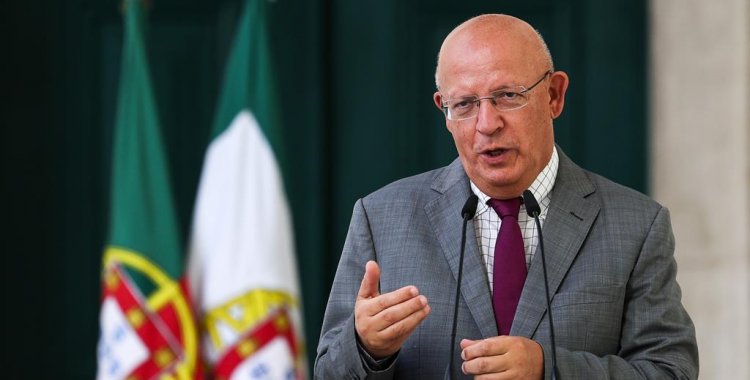Augusto Santos Silva, who is in Luanda to participate in the 147th plenary session of the Inter-Parliamentary Union, spoke to students and academics at the Catholic University of Angola, about the "two interconnected liberations" of Portugal and Angola.
According to Augusto Santos Silva, the interconnection between the two liberations is evident, "because Portuguese democracy owes a lot to the anti-colonial struggle in Africa".
"It owes a lot to Amílcar Cabral, when Amílcar Cabral always said that his adversary was not the Portuguese people, but only the Portuguese colonial government and it owes a lot to the political strategy of the liberation movements, the PAIGC, the MPLA, FRELIMO [ Liberation movements in Cape Verde, Angola and Mozambique]", he said.
The president of the Portuguese parliament highlighted that those who fought in Portugal against the dictatorship "were comrades in struggle with those who, in Angola and other African nations, fought against the Portuguese dictatorship, a colonial dictatorship".
"And this interconnection of the two liberations is very important. On the 25th of April, the democratic revolution in Portugal took place in 1974 and on the Portuguese side this is what made it possible to create the conditions for an immediate ceasefire and then for agreements, leading to the recognition of the independence of Guinea-Bissau, proclaimed in 1973, and to the independence of countries such as Angola and Mozambique, in 1975", he highlighted.
Augusto Santos Silva considered it fair to mention together the fiftieth anniversary of both liberations, democracy in Portugal and independence in Angola, highlighting that the Angolan authorities have already responded positively to the invitation to participate in the celebrations of the 50th anniversary of the 25th of April.
"We plan to do the same, when in November 2025 we celebrate the 50th anniversary of the independence of the Republic of Angola", he said, reiterating that this double liberation is interconnected, reciprocal, in that they support each other and contribute to the other.
"There would not have been a democratic revolution in Portugal without the contribution of the liberation movements against Portuguese colonialism and the inevitable success of the liberation struggle would also have been more difficult if the Portuguese democratic revolution had taken longer", he added.
In addition to these historic liberations, Augusto Santos Silva also highlighted the liberation of bilateral and multilateral relations, in the context of the Community of Portuguese Speaking Countries (CPLP) and the Portuguese Speaking African Countries (PALOP).
"Today we have a bilateral and multilateral cooperation framework free from prejudices and the weight of the past and built oriented towards the future, based on decisions that we always take by consensus", he highlighted.
To this second release, the president of the Portuguese parliament added a third, which he considered essential for life, the area of culture and artistic creation.
Speaking to the press, Augusto Santos Silva considered these moments of dialogue with academics and students to be very important, which also allows him to better understand the realities he visits, as well as to have a frank dialogue on issues of common interest.







